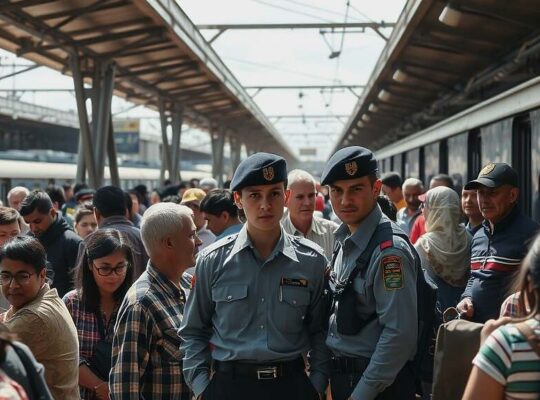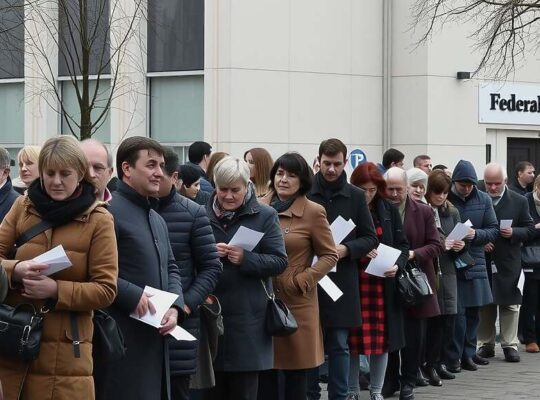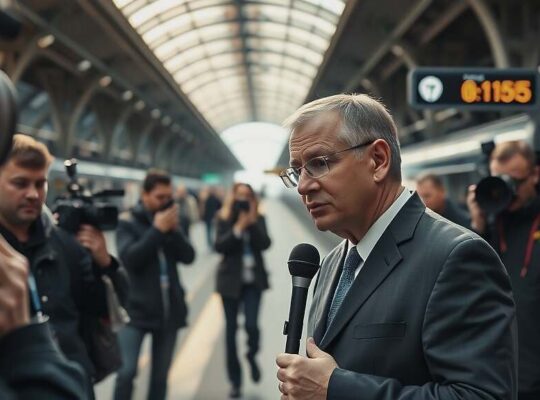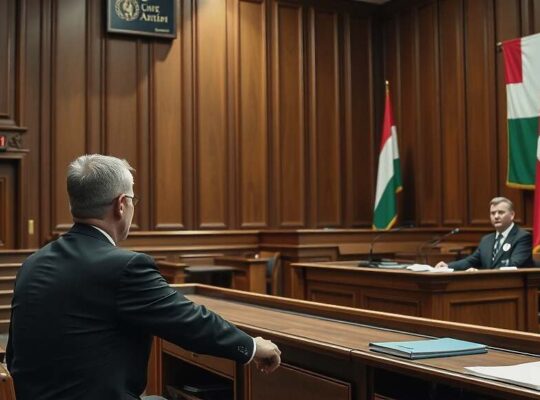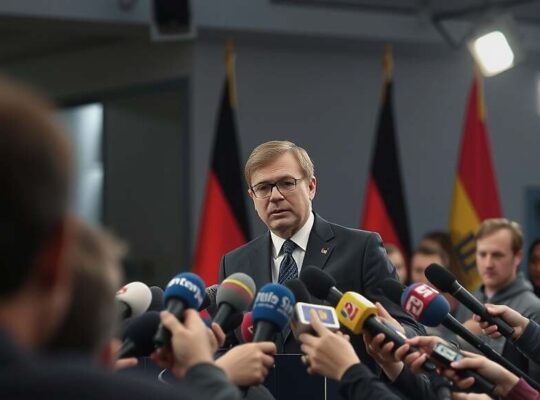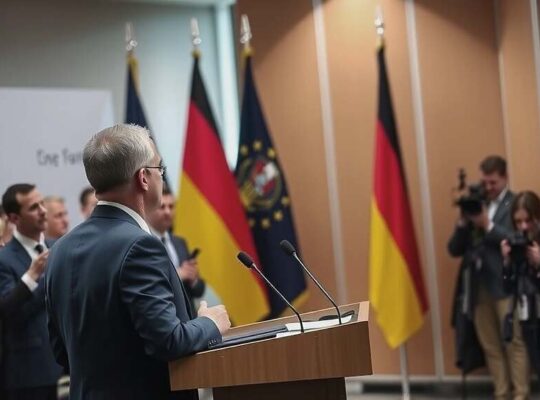The debate surrounding the feasibility and ethical implications of deportations to Syria has intensified, with Green Party interior policy expert Lamya Kaddor sharply criticizing Interior Minister Alexander Dobrindt’s seemingly casual pronouncements regarding the return of Syrian refugees. Kaddor argues that Dobrindt’s approach lacks a crucial understanding of the current situation on the ground, effectively dismissing the ongoing devastation and precariousness of life within Syria.
Having recently accompanied Foreign Minister Johann Wadephul on a trip to Syria, Kaddor echoed Wadephul’s reservations about widespread deportations. Her observations paint a picture diverging sharply from the interior minister’s apparent perspective. “I strongly advise the German Interior Minister to experience the reality firsthand” she stated in an interview with “Der Spiegel”. “Believing mass deportations are currently viable demonstrates a profound disconnect from the reality on the ground.
Kaddor emphasized that significant portions of Syria remain extensively damaged and largely uninhabitable. While she acknowledges the possibility of returns to certain limited areas, such as specific districts in Damascus or Idlib, she insists a blanket approach to repatriation disregards the complex and often dangerous circumstances faced by potential returnees.
The Green Party expert accused Dobrindt of prioritizing expediency over genuine assessment, suggesting his focus is primarily on reducing the refugee population regardless of the humanitarian and legal ramifications. While conceding that some Syrian individuals represent potential security threats and should be subject to the full force of the law, she maintains a nuanced position, proposing deportations for convicted criminals only, contingent upon Syrian prisons meeting minimum international standards. This proposal, while seemingly pragmatic, further highlights the deeply politicized nature of the repatriation debate and the challenging line between security concerns and humanitarian obligations. The core question remains: can secure and dignified returns to Syria be realistically achieved, or does Dobrindt’s rhetoric risk exacerbating an already devastating humanitarian crisis?





